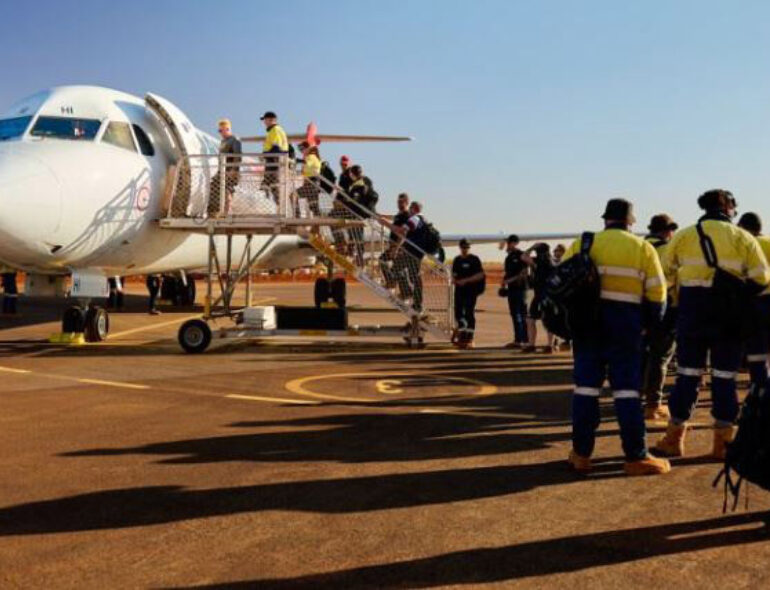

The Onslow Iron Project, nestled in the remote Ashburton shire of Western Australia, is a large mining venture extracting high-quality iron ore. Constructing an airstrip to improve access to the isolated site was essential to this project’s success. Civiltest’s role was pivotal, ensuring the project’s quality and timely completion.
Craig Flood, Perth Branch Manager and Projects Operations Manager at Civiltest shares insights into the work: “Quality control was a primary focus for us. We performed a wide variety of test methods to ensure material conformed to client specifications. It was a very busy project with tight deadlines.”
Civiltest provided comprehensive testing services for the runway construction.
Craig explains, “We conducted compaction control testing, materials investigations, and geotechnical investigations. Quality control and stabilisation works were critical to ensure the runway met stringent standards.”
The project’s remote location posed significant challenges. “It’s extremely remote, with no shops for 200 kilometres, accessible only via dirt tracks. It’s so remote that some of the access pathways meant driving through cattle stations as part of the traffic management plan,” Craig recalls.
“The airstrip was built close to where the mining deposit is located, which brought a set of challenges. We also had to be mindful of the shire and Indigenous landowners.”
Due to the extreme remoteness, accessing and transporting materials was challenging and costly. However, Craig says, “We took a hands-on approach and were involved with materials investigations to successfully provide solutions that resulted in significant cost savings for the client.”
Weather and accessibility also impacted the project’s progress. “Periods of rain would flood the dirt roads, setting us back. The runway site was all rock, requiring us to reassess compaction control and moonscaping to create a suitable surface to build on,” says Craig. Despite these challenges, the team thrived, working in extreme conditions with temperatures reaching 40 to 50 degrees Celsius.
Civiltest’s team operated on a rotation, staying on-site for three weeks and taking one week off. “I really enjoyed that project. There were four staff members, and we received great feedback from the client, which is a testament to the team’s efforts. We always strive to go above and beyond at Civiltest.”
Civiltest’s diligent work on the Onslow Iron Project has been instrumental in its success, demonstrating its expertise in managing complex, remote projects under challenging conditions.
Image Courtesy: Mineral Resources Limited